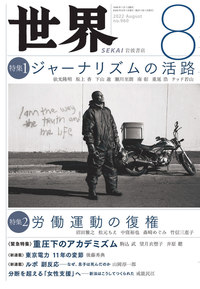
Legal Innovation Program
The Resurgence of the American Laobr Union Movement? What It Means Legally to Win an Election, and the Long Way Beyond That [in Japanese]

Summary
The coronavirus pandemic and the recent price hikes have stimulated union movements in the United States, and labor unions have won representative elections at two renowned companies, Starbucks and Amazon. Using the cases of these two companies as examples, Professor Nakakubo discusses the significance and structure of representative elections from a legal perspective. This article introduces the uniquely American legal system of exclusive bargaining based on majority rule, and then explains the process of union organizing activities, filing for an election, election campaings, and determining the results by cast ballots under this system. In addition, it points out that even when a union wins the election and collective bargaining begins, it may lose its bargaining representative status if a collective agreement is not concluded within a year, and that there is a long way before a union's presence takes root. Although the legal reform is unlikely to be realized and the difficult conditions for unions will continue, Professor Nakakubo suggests that there are signs that the changing times are causing unions to be reevaluated and the future will be interesting to watch.
Publications Link
